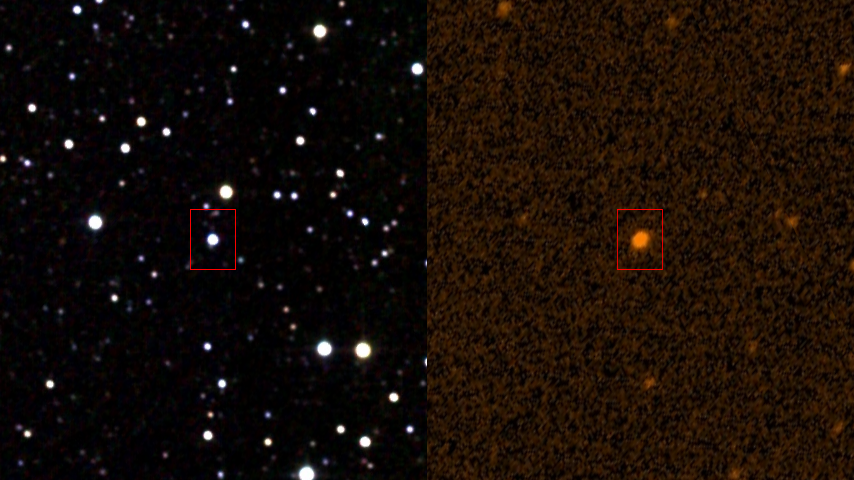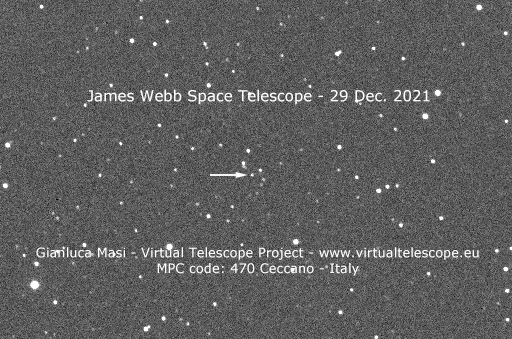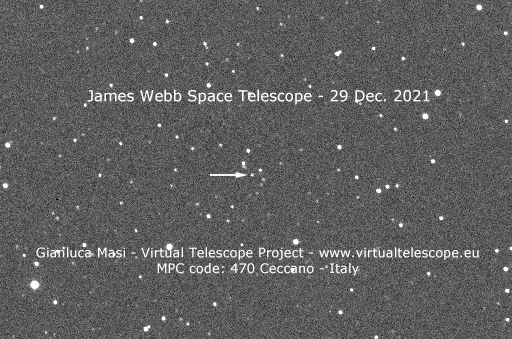SiteSeer
Member
The « do your own research » ? Really? No I don’t need to find some obscure geocities or 4chan conspiracy result from tHe GOOglE. I went far enough in engineering to know that you’re basically would take the worse possible tool (Hubble) for a job of observing earth. There’s no questions about it. Even someone with basics optics knowledge from entry level physics in college would understand how it doesn’t make any sense.
Turning spy satellites 180 degrees to observe the universe is just as bad of an idea as using Hubble like telescopes to spy down on Earth. It simply doesn’t work like that.
https://www.popularmechanics.com/sp...ns-turning-a-spy-satellite-into-a-new-hubble/
https://www.smithsonianmag.com/smar...tellite-could-be-on-its-way-to-mars-62359114/
https://newatlas.com/spysatellite/22813/
https://www.americaspace.com/2012/0...revealed-by-nros-twin-telescope-gift-to-nasa/
two hubble-like spy satellites sitting in a warehouse finally gifted to nasa by nro when for years there were astronomers on waiting lists months long to use the one hst.








